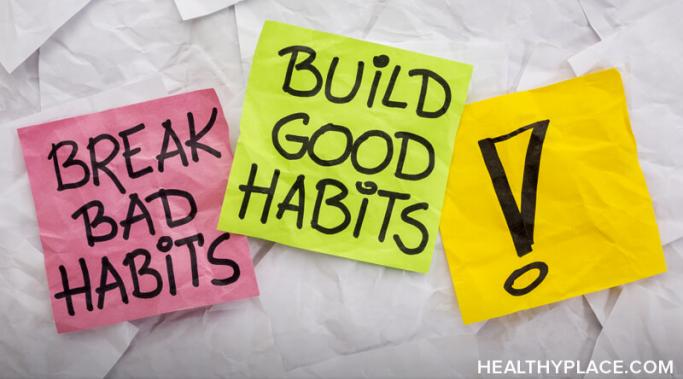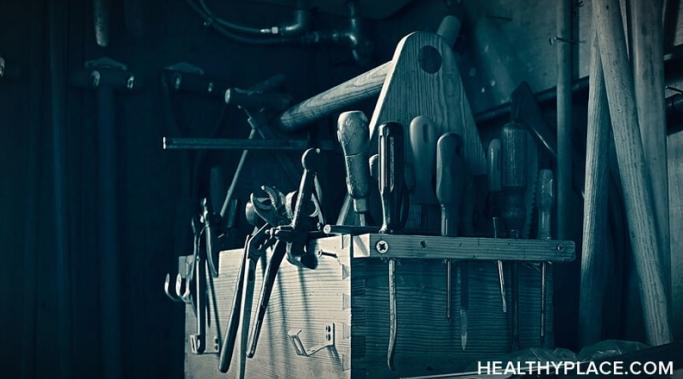I work to cultivate my strengths, as living with a mental health diagnosis can present unique challenges to one's self-esteem and overall wellbeing. I know the internal struggles with stigma, self-doubt, and societal expectations can often overshadow my sense of self-worth. However, there is a powerful approach that can help rebuild and enhance self-esteem: focusing on and cultivating one's strengths.
Positive Thinking
Perfectionism is a double-edged sword. While it can help you achieve greater things in your personal and professional life, it can also lead to a never-ending cycle of self-criticism and low self-esteem. Perfectionists tie their self-esteem to their achievements, and if things don't go to plan, they start feeling like they are failures which can destroy their confidence and even self-confidence.
Most of us are familiar with imposter syndrome. We tend to feel like we are not good enough, even in areas where we typically excel, and end up sabotaging many aspects of our life, including relationships and professional development.
What are your personal values, and how do they affect your self-esteem? We all have different values that we live by. They can be honesty, generosity, kindness, happiness, loyalty, patience, etc. These values play a crucial role in building our lives. They help shape how we think and act with others. They also influence our emotions, making them essential in building self-esteem. In this article, we look at the relationship between personal values and self-esteem and how to use these values to build our self-worth and confidence.
Bullying and negative feedback can be devastating to your self-esteem and massively contribute to feelings of being powerless, unworthy, and alone. Overcoming these things is an essential part of your self-esteem journey. In this article, I walk you through strategies to overcome bullying and negative feedback to build your self-esteem.
As soon as puberty kicks in, many of us lose self-esteem. Many physical, emotional, and psychological changes begin to take shape during this time, leaving us confused and extremely sensitive. As our bodies change, so does our self-esteem, leaving us vulnerable. Even fully understanding that this is a perfectly normal part of life that everyone goes through didn’t make it any easier for me. Puberty was a time in my life I think back to and wonder whether anyone handles it any better than I did.
Throughout my life, I've had an internal dialog of thoughts that offers commentary on my daily life. Recently I've noticed that some of those thoughts can be negative. The negative thoughts occur when I feel that I've done something wrong. These thoughts could come after driving too aggressively, snapping at a friend, or being lazy. Today, I'd like to talk about how those negative thoughts can be damaging and how to accept negative thoughts with grace and build self-esteem at the same time.
I've long been told to let go of the things I can't control, and I always wondered how. It's not like I can flip a switch and suddenly not stress over the various external circumstances I'm dealing with at the time. For years I tried to tell myself that I would just not care about that stuff. It didn't work very well.
I've been writing for HealthyPlace for about six months now. I've written numerous articles about dealing with low self-esteem and how to improve it. However, I've been thinking about my process and realized that while I may be able to identify low self-esteem, that doesn't mean everyone can. Today, I'd like to take a different approach to identifying low self-esteem. I'll write this post from my viewpoint as I figure out my self-esteem.
Over the last couple of weeks, I've been pondering what emotional attributes can be signs of low self-esteem. Recently I've realized that I tend to be oversensitive and quick to anger when experiencing low self-esteem. Today, I'd like to talk about how to remedy that.









